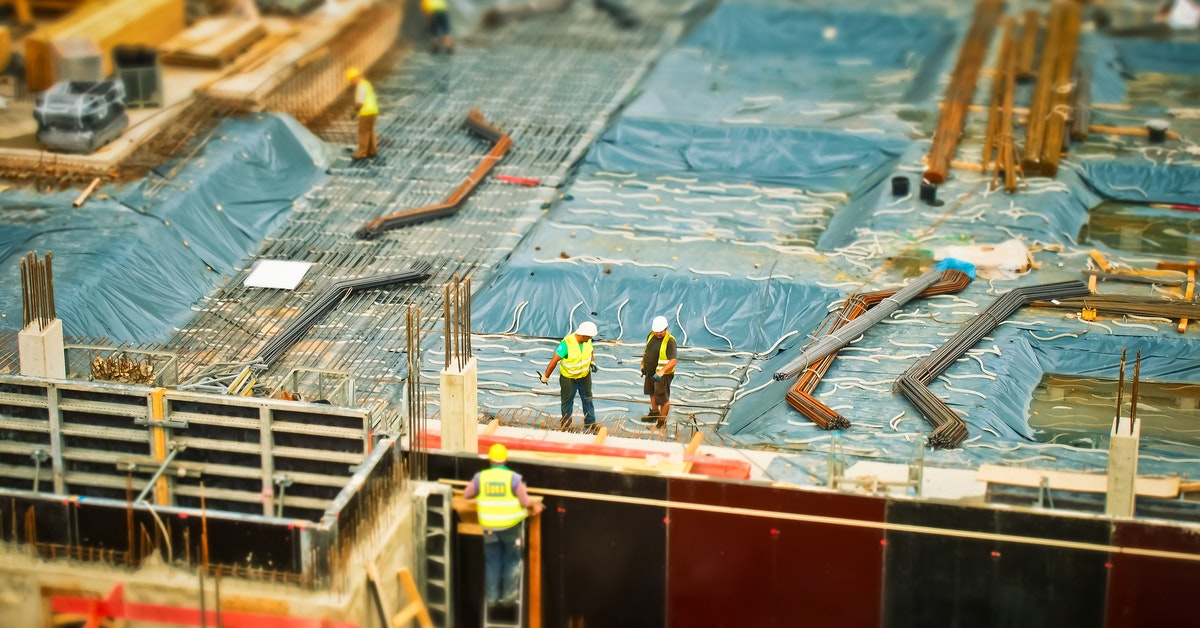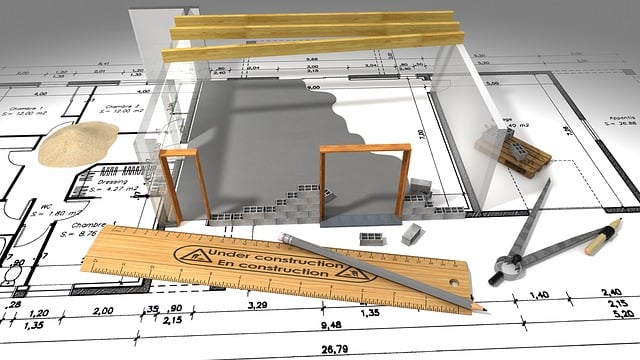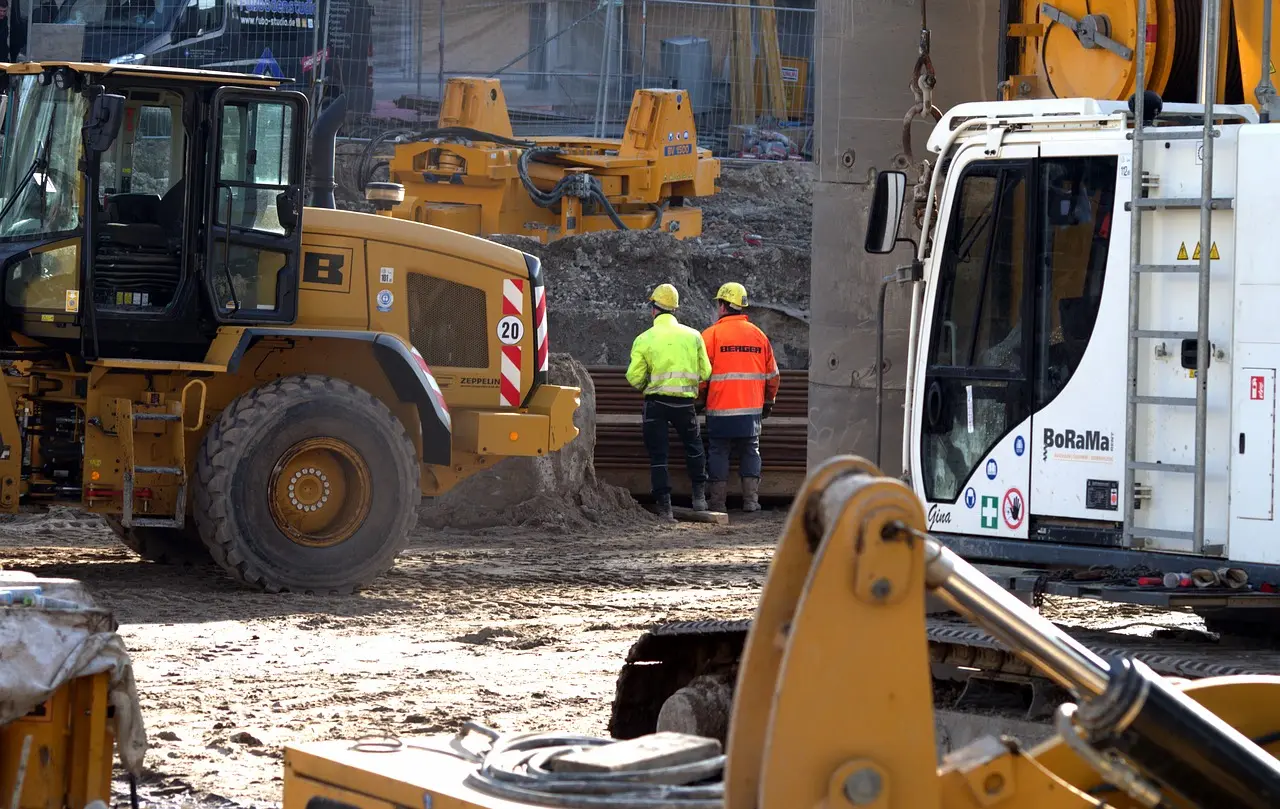Construction is a resource-intensive industry, as typical projects involve the usage of huge volumes of material and deployment of large teams of people. At the same time, businesses need to make a long-term investment in expensive equipment and tools to stay operational and leverage for projects over the years. The rising construction costs make things even more challenging for them. According to Associated Builders and Contractors analysis, construction material costs saw a 10% increase in 2019. Similarly, a study by The Bureau of Labor Statistics indicated that the wages and salaries for construction workers witnessed a 2.9% increase in 2019.
Considering these alarming statistics, it becomes imperative to pay attention to cost control in project management. However, it is easier said than done because there is much you need to do, from forecasting to managing project costs effectively. Implementing construction cost control software project management can help you ease the entire process and ensure that project costs are on track. Before justifying this investment, it makes sense to understand the meaning of cost control and the value it serves for individual projects and your business as a whole.
How cost control works in construction projects
Cost control refers to the process of tracking, monitoring, and controlling the actual costs of a project. It also involves ensuring that all changes are submitted correctly and communicated to the stakeholders. Typically, construction projects involve two types of costs. Direct costs are the ones that have a direct impact on the completion of the project, such as material, labour, and equipment. Indirect costs are the ones that play a passive role, such as general administration, office costs, and salaries. When it comes to cost control, you need to consider both types and trim them as far as possible to ensure that everything stays within budget estimates.
Construction projects often go over budget, although you can avoid it with strong cost management. Having construction task management software with cost control and management features in place can be of great help. It can help ensure that the budget is on track while the projects are wrapped up according to the planned scope. Missing out on this solution elevates the risk of losing money as expenses can easily outweigh the profits of the firm. Switching to construction cost control software is, therefore, the smartest decision you can take. Here are some reasons why you must do it in 2021 if you haven’t implemented it yet.
Reason #1: Far better than spreadsheets
The legacy construction task management systems use spreadsheets for tracking expenses, budgets, subcontractors’ performance, contracts, and more. Managing multiple sheets gets complicated as pages get bulky and unwieldy over time, with complex project data sitting around in different folders or sub-folders. Construction cost control software for project management lets you manage spreadsheets with minimal work. You can upload documents to a centralised database and access anything you need at any point in time.
Reason #2: Ensures complete and accurate data
Whether you are managing a large and complex project or handling a smaller one, there is always a chance of missing data or making an error as you record expenses. Without a system to ensure complete and accurate data through the project progress, these errors will surface later down the line. Such situations can lead to rework and have a negative impact on the project’s bottom line and even the reputation of your business. Implementing cost management software is your best bet because it facilitates constant tracking of data, so there is hardly a possibility of missing anything or making errors.
Reason #3: Eliminates data delays
While complete and accurate data is vital to keep track of construction costs, you cannot overlook the significance of its availability and accessibility. Data delays can hamper timely decisions and remedial actions, so you may end up encountering budget overruns and missed deadlines. It is crucial to be aware of ongoing issues and take immediate action when an error occurs. Thankfully, a cost-control application offers a comprehensive overview of real-time project data and eliminates delays. Managers are in a better position to take prompt action before a small issue becomes a massive challenge.
Reason #4: Prevents repetitive reporting of same cost documents
With multiple sub-contractors involved, job costs may be re-entered into the main spreadsheets from different sources. Avoiding such repetitive entries can be a cumbersome and time-consuming process with a manual system. Further, the risk of errors and data mismatches runs high. The project manager may make wrong decisions based on erroneous data, which can topple the budget. Investing in construction cost control software cuts this risk as it offers complete visibility for every element and phase, right from estimates to contracts and actual cost.
Reason #5: Collaborates with the accounting system
A construction project manager sustains a heavy workload, and sending across data and information to the accounting team can be a massive headache amid the existing list of tasks. It takes a lot of effort to save the data and then manually share it with the accountant. Software integration is a good measure to avoid extra work as the application directly integrates with the accounting system and facilitates seamless data sharing. The automated process mitigates the risk of error and eliminates the possibility of double data entry. Your business gets a significant advantage with a well-synced system that works for the project manager and accountant alike.
Reason #6: Enables standardisation
One of the biggest challenges for project managers is standardising things when several teams and sub-contractors handle various aspects of the project. Fortunately, you can rely on a software platform for managing costs consistently across teams and sub-contractors so that there are no deviations in the final budgets. Since the system gets automated, there is no chance of human errors and biases creeping in, and everything stays on track.
Conclusion
Switching from manual cost control to a software solution may involve some expense, but it is the smartest decision you can take for empowering your construction company. If you aim to scale new heights in 2021, implementing Zepth for construction task management would be the right move. It empowers you with a range of features, including cost tracking, management, and control. So go ahead and implement it right now to get the kick start your business!




